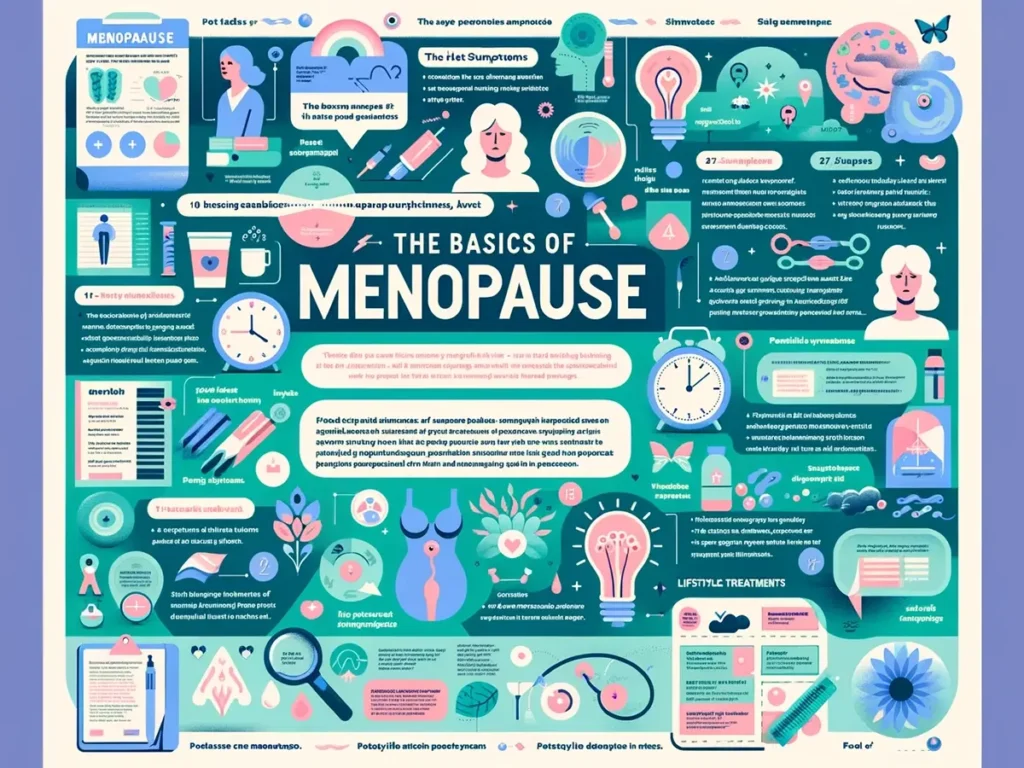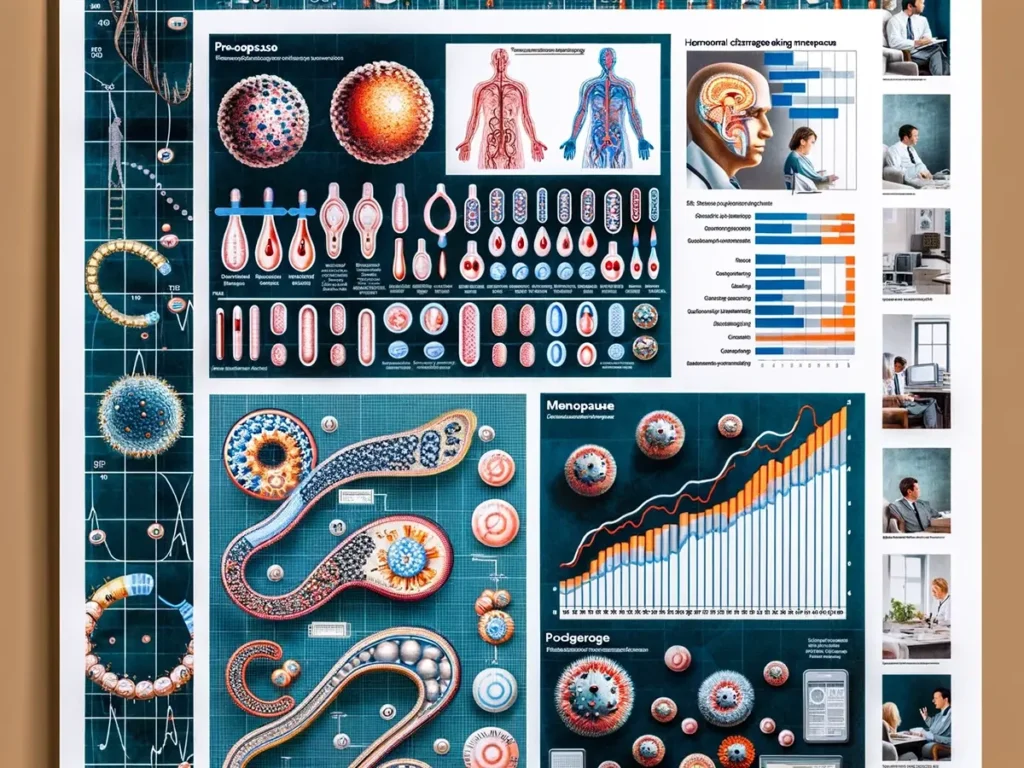Menopause is a natural biological process that marks the end of a woman’s reproductive years. It usually occurs in her late 40s or early 50s and is characterized by the absence of menstrual periods for 12 consecutive months. While menopause is a common phenomenon experienced by women all around the world, the science behind it is still not fully understood.
During menopause, the ovaries gradually stop producing eggs and the levels of estrogen and progesterone, the two main female hormones, decline. This hormonal imbalance can result in a variety of physical and emotional symptoms.
Hot Flushes and Night Sweats
One of the most well-known symptoms of menopause is hot flushes. These sudden sensations of intense heat can cause sweating, rapid heartbeat, and a flushed face. Hot flushes can occur during the day or at night, leading to night sweats that can disrupt sleep patterns.
Changes in the Vagina and Urinary System
Menopause can also cause changes in the vaginal and urinary systems. The decrease in estrogen levels can result in vaginal dryness, itching, and discomfort during intercourse. Additionally, the loss of estrogen can weaken the pelvic floor muscles, leading to urinary incontinence.
Bone Loss and Osteoporosis
Estrogen plays a crucial role in maintaining bone density. As estrogen levels decline during menopause, women are at a higher risk of developing osteoporosis, a condition characterized by weakened and brittle bones. Osteoporosis can increase the likelihood of fractures and other bone-related complications.
Weight Gain and Metabolism
Many women experience weight gain during menopause, particularly around the abdomen. This can be attributed to hormonal changes, decreased muscle mass, and a slower metabolism. Maintaining a healthy diet and regular exercise can help manage weight gain during this phase.
Emotional Changes
Menopause can also have an impact on a woman’s emotional well-being. Fluctuating hormone levels can contribute to mood swings, irritability, anxiety, and even depression. It is important for women to seek support and practice self-care during this transitional phase.
While menopause is a natural part of a woman’s life, it is essential to understand the science behind it to manage its symptoms and effects better. Consulting with a healthcare professional can provide guidance and support during this transitional phase.






